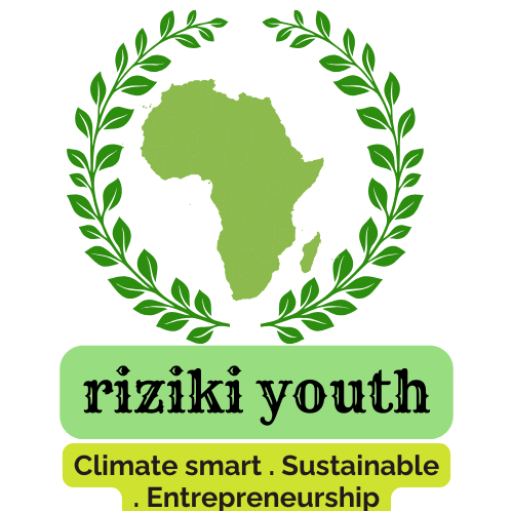Beekeeping, or apiculture, is a vital agricultural practice that benefits both people and the environment. For youths in South Rift Kenya, a region endowed with favorable ecological conditions, beekeeping offers a unique opportunity to foster environmental conservation while generating sustainable income. This article explores the role of beekeeping in environmental conservation and how the youth in this region can capitalize on their environment to engage in this rewarding venture.
The Role of Beekeeping in Environmental Conservation
Beekeeping plays a crucial role in maintaining ecological balance and promoting biodiversity. Bees are primary pollinators, facilitating the reproduction of flowering plants, which is essential for the survival of various ecosystems. Here are some of the ways beekeeping contributes to conservation:
Pollination Services:
Bees enhance the yield and quality of crops through pollination, which supports food security.
They help in the reproduction of wild plants, maintaining natural habitats and biodiversity.
Forest Conservation:
Beekeeping encourages the preservation of forests, as beekeepers often protect trees to provide habitats for bees.
Planting bee-friendly trees like acacia and eucalyptus enhances forage for bees while combating deforestation.
Carbon Sequestration:
Forested areas used for beekeeping contribute to carbon sequestration, helping mitigate climate change.
Awareness of Ecosystem Health:
Beekeeping fosters environmental stewardship, as the health of bees reflects the health of the ecosystem. Beekeepers are often the first to notice changes in the environment caused by pollution or habitat loss.
Why South Rift Kenya is Ideal for Beekeeping
The South Rift region boasts a unique combination of climatic and ecological factors that make it ideal for beekeeping. These include:
Diverse Flora: The region is rich in native plants and trees that provide nectar and pollen, crucial resources for honey production.
Favorable Climate: The moderate temperatures and well-distributed rainfall create an environment conducive to bee activity.
Community Forests and Open Land: The presence of community forests and open spaces offers ample locations for beekeeping.
How Youths in Can Benefit from Beekeeping
Income Generation:
Beekeeping requires low startup capital and offers high returns through honey, beeswax, propolis, and other bee products.
Value addition, such as processing and packaging honey, can increase profitability.
Job Creation:
Youths can engage in various aspects of the value chain, including hive manufacturing, honey harvesting, and marketing.
Training and mentorship programs can empower them to become self-reliant entrepreneurs.
Environmental Leadership:
Beekeeping allows youths to lead conservation efforts by protecting pollinators and their habitats.
They can collaborate with local communities on initiatives like tree planting and sustainable land use.
Collaboration and Funding Opportunities:
Youth groups can access government and NGO funding for apiculture projects under programs aimed at climate-smart agriculture.
Collaborations with environmental conservation organizations can provide technical and financial support.
Getting Started with Beekeeping
For youths in South Rift Kenya looking to venture into beekeeping, here are actionable steps:
Training:
Attend workshops and training sessions on beekeeping basics, hive management, and harvesting techniques.
Learn about bee health and how to handle challenges such as pests and diseases.
Start Small:
Begin with a few hives to gain practical experience before scaling up.
Use locally available materials to reduce costs.
Location Selection:
Choose locations with abundant forage and away from human disturbance.
Ensure water sources are nearby for the bees.
Partnerships:
Partner with organizations like the National Beekeeping Institute or conservation NGOs for technical support.
Collaborate with local farmers to integrate beekeeping with agricultural practices.
Conclusion
Beekeeping offers a dual benefit of conserving the environment and empowering youths economically. For the youth in South Rift Kenya, leveraging the region’s ecological richness to embrace beekeeping can transform livelihoods while preserving the environment for future generations. By adopting apiculture, they can become champions of sustainability, ensuring a harmonious coexistence between humans and nature.

